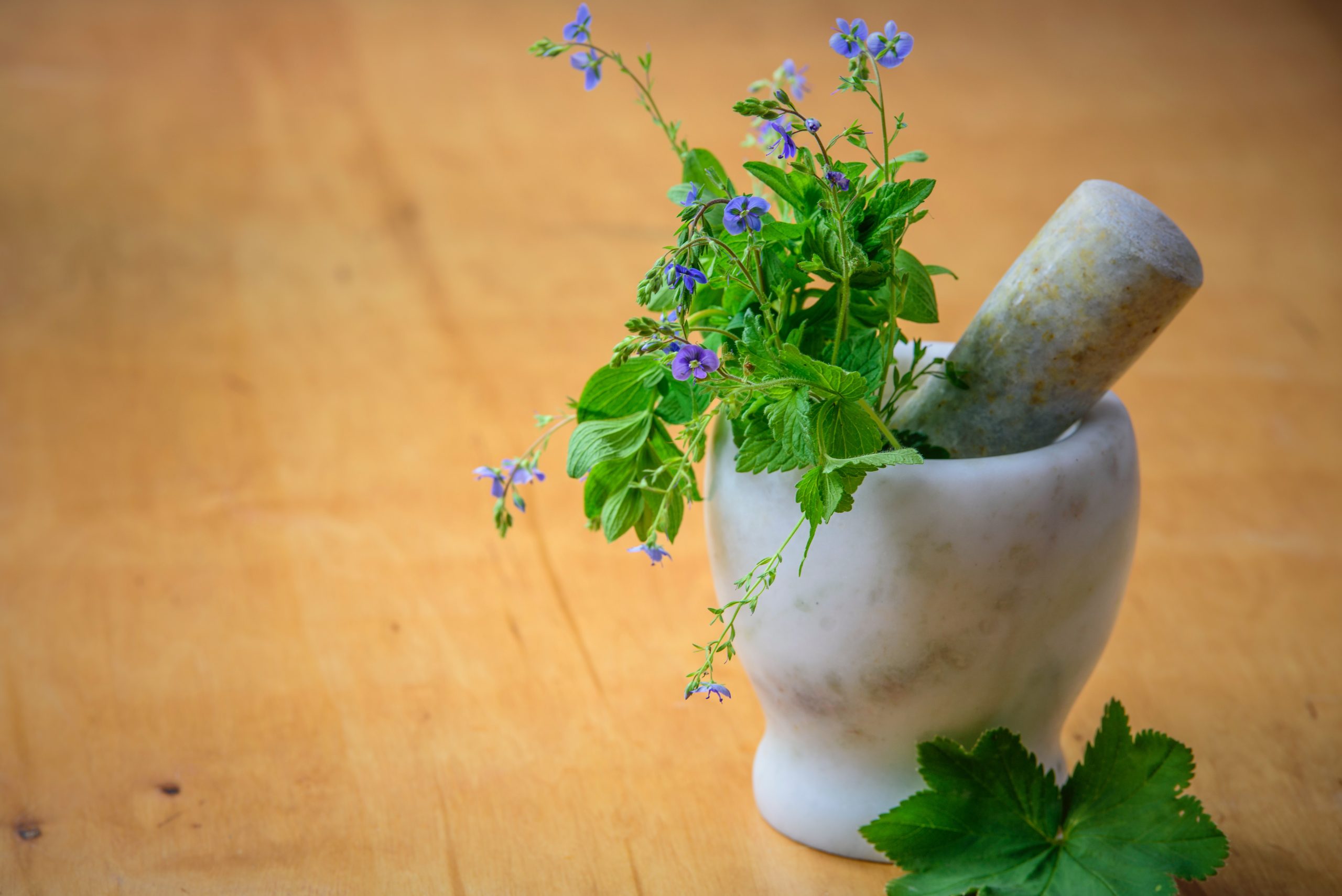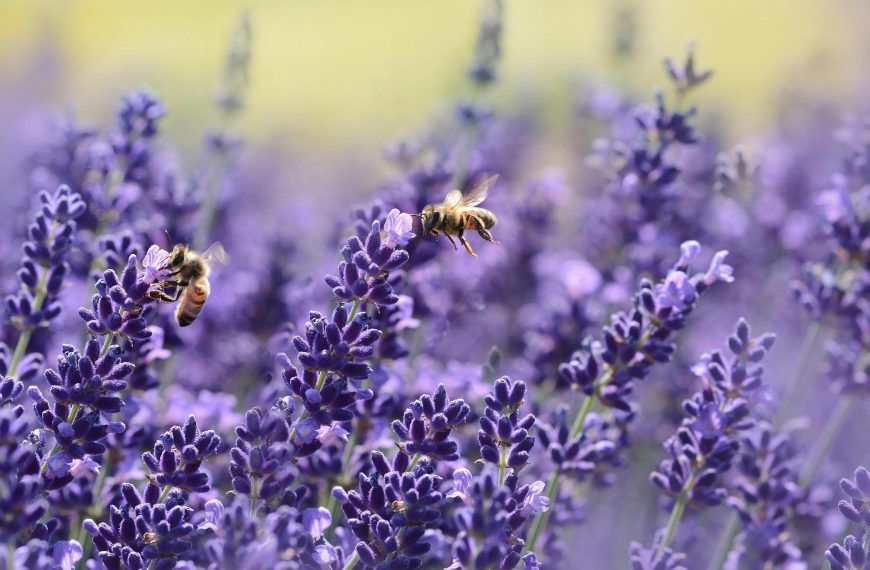In a world where modern medicine often takes the spotlight, it’s important to remember the enduring value of herbal practices. Herbal remedies offer a natural and comprehensive approach to achieving optimal health and well-being, rooted in wisdom and drawing upon the resources of nature. In this article, we explore the realm of herbal remedies, their advantages, historical significance, and their role in promoting an organic way of living.
The Timeless Wisdom Embedded in Herbal Remedies
For centuries, cultures across the globe have turned to herbal remedies as primary methods for healing and maintaining good health. From Ayurveda in India to Traditional Chinese Medicine and Native American traditions, herbs have played a vital role in civilizations. These remedies tap into nature’s healing properties, often utilizing different parts of plants such as leaves, flowers, roots, or stems, each carrying its unique therapeutic compounds.
Herbal remedies are renowned for addressing not only physical symptoms but also emotional and spiritual well-being. This approach aligns with the principles of living that emphasize the interconnectedness of all living beings and the importance of maintaining balance within ecosystems.
Advantages of Herbal Remedies in Organic Living
- Natural Healing: Embracing an organic lifestyle involves reducing exposure to synthetic chemicals and opting for natural solutions. Herbal remedies perfectly embody this principle by harnessing the healing properties found in nature without relying on chemicals or additives.
- Gentle yet Effective: Herbal remedies often work gently with the body’s processes, promoting healing without causing side effects. Unlike medications that may disrupt the body’s equilibrium, herbal remedies tend to restore balance and support overall well-being.
- Sustainability: Sustainability is a cornerstone of organic living – utilizing resources in a way that preserves ecological balance. Cultivating and utilizing herbs for remedies encourages sustainable practices by promoting plant diversity and reducing reliance on resource-intensive pharmaceutical manufacturing.
- Connection to Nature: Organic living fosters a deep connection with the natural world. Engaging with herbal remedies cultivates an appreciation for the relationships between plants, humans, and the environment, enhancing one’s overall organic experience.
The Significance of Herbal Remedies
Herbal remedies have played a pivotal role throughout history in the field of medicine. Many of today’s pharmaceutical drugs have their roots in compounds found in plants. For example, aspirin, a widely used over-the-counter pain reliever, was originally synthesized from the pain-relieving properties of willow bark. This historical connection highlights the enduring effectiveness of herbal remedies.
Moreover, these remedies are deeply intertwined with heritage. Indigenous communities have passed down their knowledge of herbs for generations. Incorporating these remedies into a lifestyle is not only about promoting health but also a way to preserve cultural wisdom and honor our ancestors.
Popular Herbal Remedies That Align with an Organic Lifestyle
- Echinacea: Known for its immune-boosting properties, echinacea is a staple in medicine cabinets. It is often used to prevent and alleviate symptoms of colds and flu.
- Lavender: This fragrant herb is renowned for its soothing effects. It can be used as an oil, infused in teas, or added to baths to promote relaxation and reduce stress.
- Turmeric: With its vibrant color and powerful anti-inflammatory properties, turmeric has gained widespread recognition for its health benefits. It is commonly used in cooking, can be consumed as a tea, or taken as a supplement.
- Peppermint: Excellent for aiding digestion, peppermint is known to relieve indigestion, bloating, and gas discomfort. The fragrant leaves of this plant can be used to make a soothing tea.
- Chamomile: Renowned for its calming effects, chamomile is often enjoyed to promote relaxation and improve sleep. It’s a preferred choice for those looking for a soothing bedtime beverage.
Integrating Herbal Remedies into an Organic Lifestyle
- Cultivate Your Garden: Growing your own herbs provides you with a sustainable supply. Even if you have limited space, many herbs can thrive in pots on windowsills or balconies.
- Expand Your Knowledge: Educating yourself about herbs and their uses is crucial. Books, online resources, and local workshops can help you gain insights into herbal remedies.
- Seek Professional Advice: While herbal remedies are generally safe, it’s important to consult with a healthcare professional, particularly if you take medications or have existing health conditions.
- Prioritize Quality: When purchasing herbal products, choose quality and organic options to ensure the most potent and effective remedies.
Herbal remedies embody the essence of living in harmony with nature – fostering a connection between humans and the natural world. With their significant historical background, holistic approach, and diverse benefits, these remedies provide an avenue for nurturing our health and well-being while honoring the wisdom passed down by our ancestors. As we progress toward a more environmentally friendly lifestyle, it is important to remember the valuable gifts that Mother Earth offers us through the abundance of medicinal plants. By embracing herbal remedies, we can truly embrace the power of nature for a balanced and healthy way of life.









